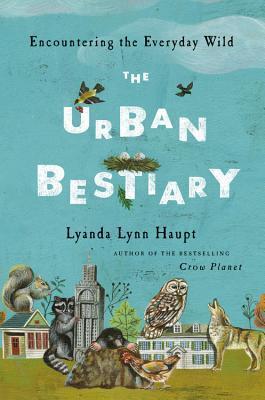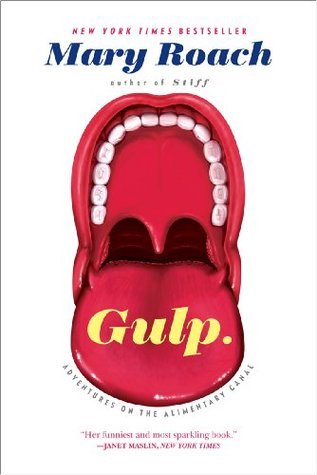
Fuzz: When Nature Breaks the Law
Book Description
When nature runs afoul of the law, chaos reigns. In "Fuzz: When Nature Breaks the Law," Mary Roach takes readers on a thrilling ride through the unexpected intersections of wildlife and human civilization. From mischievous raccoons to cunning bears, each chapter reveals astonishing tales of animals challenging our boundaries and the consequences that ensue. Roach’s sharp wit and insatiable curiosity unravel the realities of coexistence, provoking laughter, intrigue, and perhaps a twinge of guilt. How far will society go to enforce its rules in a world where the wild refuses to be tamed?
Quick Book Summary
In "Fuzz: When Nature Breaks the Law," Mary Roach explores the fascinating and often humorous conflicts that arise when wildlife intersect with human laws and systems. With her signature wit and curiosity, Roach delves into real-life stories of bears raiding garbage cans, birds disrupting airports, and mice nibbling sacred relics. Through interviews with scientists, law enforcement officers, and pest control experts, she reveals the complexity and sometimes futility of our attempts to manage animal behavior. Rather than villainizing wildlife, Roach invites readers to consider the ethical, legal, and emotional challenges of coexistence. The book is both entertaining and thought-provoking, examining how far societies are willing to go—and how creative they become—when enforcing human rules in a world still governed by untamable nature.
Summary of Key Ideas
Table of Contents
Animals as Unwitting Outlaws
Mary Roach opens "Fuzz" by highlighting the often-absurd realities faced by animals whose behaviors clash with human standards. From monkeys pickpocketing tourists to elephants trampling crops, these animals inadvertently step into the role of lawbreakers, often with little understanding of the artificial boundaries they've crossed. Roach uses anecdotes and global case studies to showcase how wildlife are cast as "criminals" simply for following instinctual or opportunistic behavior.
Challenges of Managing Human-Wildlife Conflict
Addressing the management of animal crime, Roach travels alongside wildlife officers, scientists, and forensic experts to investigate both serious and comical cases. She covers the methods deployed to combat animal "offenders": bear-proofing waste bins, using lasers to deter birds at airports, or even enlisting snipers to deal with problematic wild species. More often than not, these solutions are temporary, illuminating the persistent ingenuity of nature and the limits of human control.
Legal and Ethical Dilemmas of Coexistence
The book delves into the legal frameworks and moral complications that surface when animals collide with human society. Roach discusses attempts to assign legal responsibility to animals—from monkey trials to wildlife courts—and the troubling punishments imposed upon creatures acting on instinct. The narrative raises profound questions about agency, responsibility, and the ethics of our responses to animal behaviors.
Humor and Humanity in Wildlife Encounters
Throughout, Roach’s humor is ever-present, softening the edges of even the thornier issues. She shares her often-unexpected encounters and interviews with people who straddle the line between respecting animal life and protecting human interests. Their stories, and Roach’s irrepressible curiosity, offer readers an entertaining yet genuinely empathetic view into the world of wildlife conflict, where solutions are rarely simple and laughter is never far away.
Limits of Control in a Wild World
Ultimately, "Fuzz" reveals the enduring challenge of coexistence. Roach emphasizes that, despite our efforts to regulate nature, animals consistently adapt in ways that undermine our expectations of control. The book closes by suggesting that genuine solutions require humility, creativity, and a willingness to reevaluate our own behaviors and expectations. By exposing the limits of enforcement and the resilience of wildlife, Roach encourages a more thoughtful and compassionate path forward.
Download This Summary
Get a free PDF of this summary instantly — no email required.





